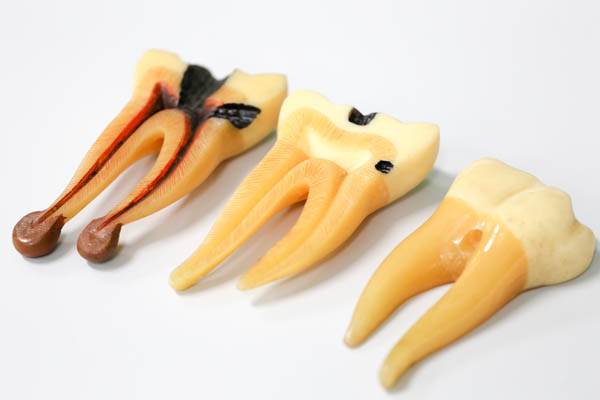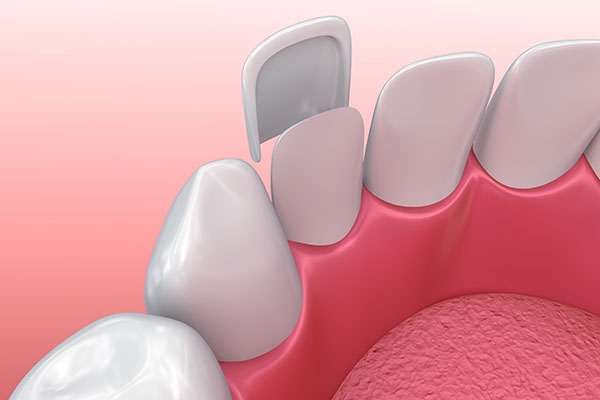What Will Happen During a Root Canal Procedure?

A root canal procedure is a type of dental treatment in which they remove the infected or decayed pulp in the root of a tooth to prevent the spread of an infection and preserve the long-term health of the tooth. It is helpful to understand the process dentists use during a root canal procedure to mentally and physically prepare before treatment.
Steps involved in a root canal procedure
Although dentists tailor the treatment process specifically for each patient, there are common steps during a root canal procedure that patients can expect. In most instances, patients can expect four steps during the process, which include the consultation visit, the procedure that involves removal of the infected pulp, cleaning and sealing the tooth and applying the dental crown.
The consultation
The first step in the treatment process is a consultation visit. Patients who have signs of a tooth infection should visit the dentist to see if a root canal procedure is necessary. These symptoms include severe toothache, sensitivity to hot and cold foods and gum complications. During the first visit, the dentist will discuss the symptoms with the patient and conduct an oral examination to determine the severity of the concern and what treatment options are available. The dentist may also order dental X-rays on the first visit if additional testing is needed.
Removing the infected pulp
If a follow-up visit is scheduled for a root canal procedure, then the dentist will likely start by numbing the tooth to minimize discomfort during treatment. They will then carefully access the root of the tooth where the infection is present. Using either small dental tools or laser dentistry, the dentist will then remove the infected, decayed or damaged pulp material in the root of the tooth.
Cleaning and sealing the tooth
After removing all of the problematic dental pulp, the dentist will then clean the affected area and fill the tooth. This ensures the tooth is not vulnerable to other concerns in the future and allows the tooth to fill and function in a more normal manner. After sealing the tooth, the dentist will take a dental impression and place a temporary crown while the permanent crown is created.
Placing the dental crown
Most root canal procedures require a dental crown to ensure the tooth is properly protected from further damage. The dental crown will take some time to create, and the patient will wear a temporary crown while they wait. Once the permanent crown is ready, the patient will have a follow-up visit for the placement of the permanent crown. The dentist will also provide aftercare instructions to help the patient care for their crown long term.
A dentist can help you through a root canal procedure
You can learn more about how a root canal procedure works by contacting our experienced and professional dental professionals today. We are happy to address your questions and concerns and explain all available treatment options so that you can make the most informed decision.
Are you considering a root canal in the Needham area? Get more information at https://bcdentalneedham.com.
Check out what others are saying about our dental services on Yelp: Root Canal in Needham, MA.
Recent Posts
A root canal is an important treatment to save a tooth that might otherwise be lost to damage or infection. When a tooth infection occurs, the symptoms can be severe and upsetting, especially if they start in the middle of the night. It is advisable to promptly seek treatment for a decaying, infected, or damaged…
You may dread the thought of having a root canal, but it may be necessary. A filling or composite bonding might address minor or moderate cavities. However, if you are experiencing severe, consistent pain in your teeth, these treatments may not be enough to restore the affected tooth. Endodontic treatment is a method where your…
Root canal. Medieval torture. Both phrases make even the bravest of us a little queasy, but root canals are actually legal. Our natural response to, "You need a root canal," is, "Do I have to?"If you have ever considered putting up with an aching tooth forever just to avoid a root canal, this article is…
Dental problems can happen at any time and often require immediate help to relieve pain and avoid potential complications. If you have urgent dental concerns, you might look for an emergency dentist or a same day dentist. Knowing the difference between these dental professionals can help you choose the best option for your needs.An emergency…


